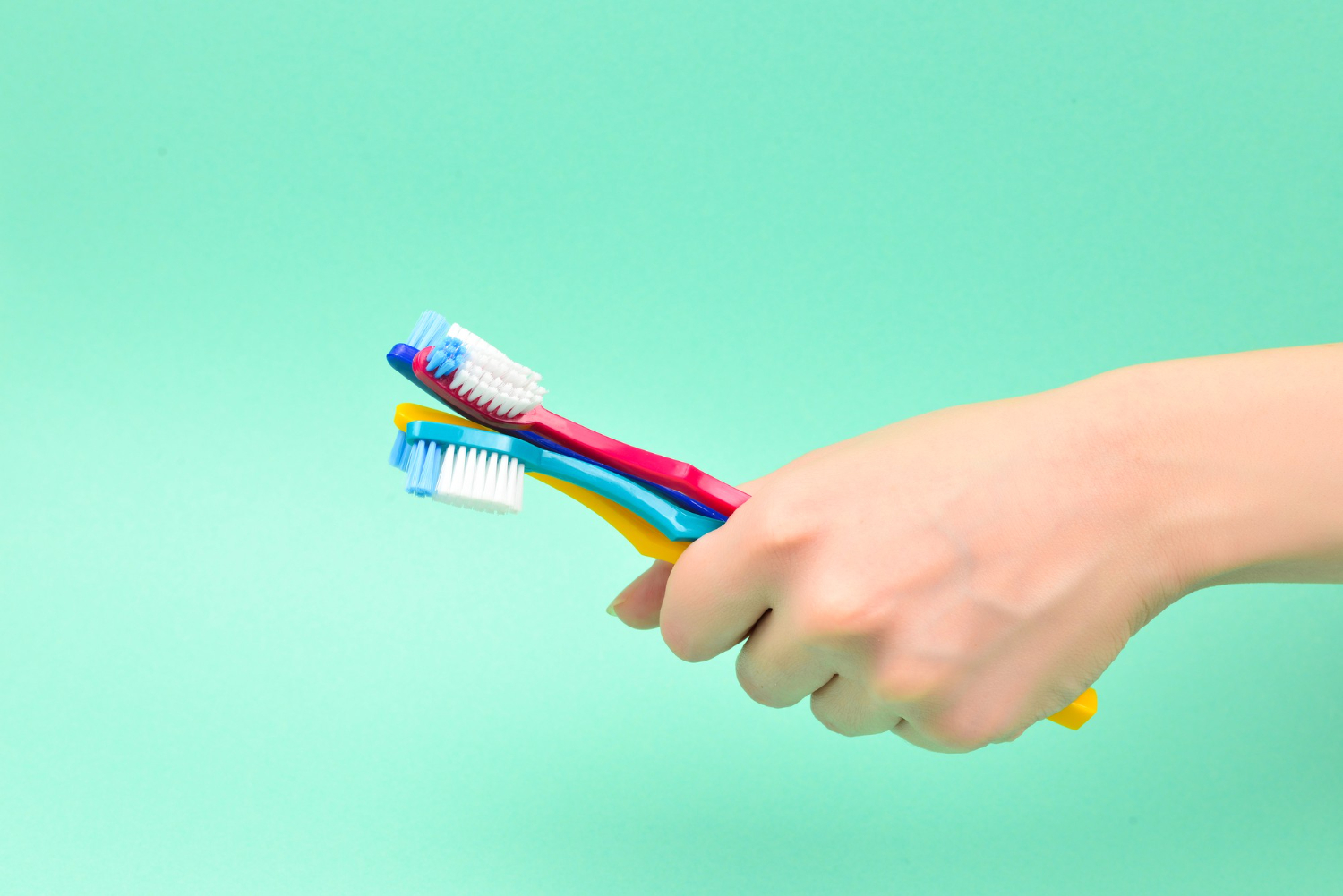Brushing your teeth is a cornerstone of oral hygiene, but common errors can undermine its effectiveness, leading to dental health issues. At Advanced Orthodontic Center, we’re committed to not just enhancing smiles through orthodontic solutions, but also educating our patients on maintaining optimal oral health. Here are five tooth brushing mistakes you might be making and how to correct them.
1 – Choosing the Wrong Brush
Many people select toothbrushes that aren’t suited to their specific oral health needs. A brush with bristles that are too hard can damage gums and enamel, while one that’s too soft may not be effective at removing plaque. We recommend using a soft-bristled toothbrush that can gently clean your teeth and gums. For those with orthodontic appliances, like those featured in our Invisalign and Clear Braces sections, consider brushes designed to navigate around brackets and wires effectively.
2 – Not Brushing Long Enough
Rushing the brushing process is a common pitfall. Dentists advise brushing for at least two minutes, twice a day, to thoroughly clean all surfaces of your teeth. Shortening this time can leave plaque behind, leading to cavities and gum disease. Our Dental Retainers page offers additional advice on maintaining oral hygiene with dental appliances, emphasizing the importance of comprehensive cleaning routines.
3 – Improper Technique of Tooth Brushing
The technique is just as important as duration. Brushing too hard or using a back-and-forth motion can cause gum recession and enamel wear. The American Dental Association recommends a gentle, circular motion, angling the bristles at 45 degrees towards the gumline to effectively remove plaque without causing damage. Our patients with braces or aligners can find tailored brushing instructions in our care guides, ensuring their orthodontic treatment is supported by proper hygiene practices.
4 – Forgetting the Tongue
Plaque doesn’t just accumulate on teeth; it can also build up on your tongue, leading to bad breath and other oral health issues. Gently brush your tongue or use a tongue scraper daily to remove this layer of bacteria. This step is vital for overall mouth cleanliness and is a complementary practice to the oral hygiene tips outlined on our Orthodontic Care page.
5 – Ignoring Flossing
While not directly related to brushing, skipping flossing is a significant oversight. Flossing removes plaque and food particles from between teeth where a toothbrush can’t reach. Including flossing in your nightly routine supports your brushing efforts and is essential for preventing gum disease and tooth decay.
Incorporating these corrections into your daily oral hygiene routine can significantly impact your dental health. For more information on maintaining oral health, especially with orthodontic appliances, visit our Blog for a wealth of resources designed to keep your smile bright and healthy.


